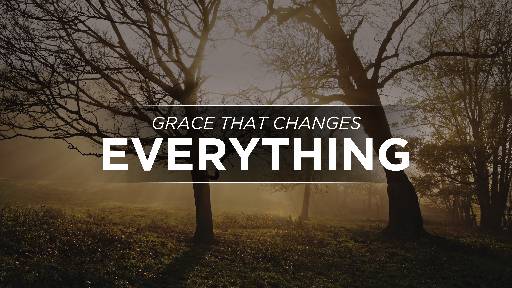-
How To Build Mentoring Relationships
Contributed by Vince Miller on Apr 27, 2018 (message contributor)
Summary: While we often aspire to be better men, aspiration will not be enough. We have to build a better plan to become a better man. The following are six clear steps to consider that will help you develop an effective plan.
How a man can build a mentoring relationship a forge a plan for a better future.
(Hint: Consider utilizing the questions for developing your plan.)
First | Take A Personal Inventory
As a man, there are some things that only we can define. We need to take inventory and identify your goals, the challenges, and the assets at your disposal. While I have started mentoring relationships without these, at some point, these come into play and will undermine your attitude in the relationship if they are not being met. Taking a personal inventory is our responsibility, not the mentor. So we need to put pen to paper and define our goals, challenges, and assets.
Questions to consider:
- What goals do you want to accomplish?
- What challenges do you face and anticipate facing in accomplishing these goals?
- What assets do you have and need to accomplish your goals?
Second | Consider the Vision, Goals, & Outcomes
As a man, we need to spend some time developing our vision. Vision is our picture of the future, and in this case, it is who we aspire to be. This activity is summarized in us being able to articulate the man God designed you to be and identifying the goals and outcomes for living in this vision. We will be drawn to specific goals and outcomes as we consider our personal vision, but enumerating and stating them is harder than we think.
Here is an example of a goal I have set in the past. “This year I want to learn to eat and live healthier so that I can increase my skill and stamina for kingdom leadership.”
- The vision is kingdom leadership
- The goal is learning to eat and live healthier
- The outcomes are increased skill and stamina
Questions to consider:
- What vision do you want to accomplish as a man of God?
- What goals do you need to establish to get there?
- What outcomes do you expect?
Third | Determine Relational Scope
While we will need mentors for our lifetime, we are not sentencing a mentor for life. Therefore, we need to decide the meeting time-frame, length of commitment, and frequency of meeting in the mentor relationship that would be the best win-win for both parties. Clearly, each mentor will have different levels of accessibility, so consider the scope which is dependent on the mentor’s availability.
Questions to consider:
- What is the time-frame of each meeting that is best for them and me?
- What length of commitment is best for them and me?
- What frequency of meeting is best for them and me?
Fourth | Identify The Type Of Mentor You Need
We cannot go life alone, but many men do, so I think we can get stuck at this step. But this can be a hurdle only if we do not know what type of mentor we seek. Three general types of mentors can help, and we can have any one or even all three at the same time. It is good to know which we might need based on the how we have answered any or all of the above questions.
The three types of mentors:
- Intensive Mentors – This mentor is focused on our vision, goals, and outcomes and is in regular contact with us. They set up a structure and routine for a meeting. There is sometimes even live feedback and real-time interaction which requires visibility to your performance behaviors.
- Intermittent Mentors – This is a non-formal type of mentor who like a counselor helps to guide us intermittently around a particular subject matter. There often is no real regular rhythm to a meeting until a need presents itself. Therefore meetings and communication are more spontaneous.
- Instructive Mentors – This is the type of mentor who we may admire but never contact. We learn from them, but they will not know us. For example, authors and speakers would fit this category. We will have regular contact with their resources, but it is a one way or passive process.
Questions to consider:
- What type of mentor do you need?
- Do you need more than one type of mentor, and if so which ones?
Five | Determine Accountability Metrics
While we have established goals above, how accountability occurs is critical. Our willingness to be accountable is essential to success, and only we know our desire. Often this has a direct correlation to how dedicated we are in accomplishing our goals. In other words, the more willing we are to become better, the more willing we are to be held accountable. And the opposite is also true, and so this is where the rubber meets the roads.
Questions to consider:
- Are you willing to be held accountable?

 Sermon Central
Sermon Central

